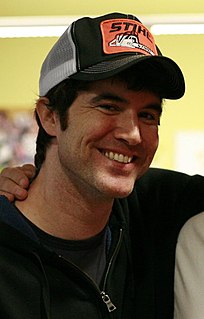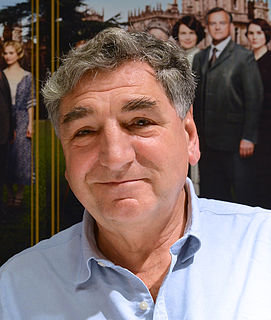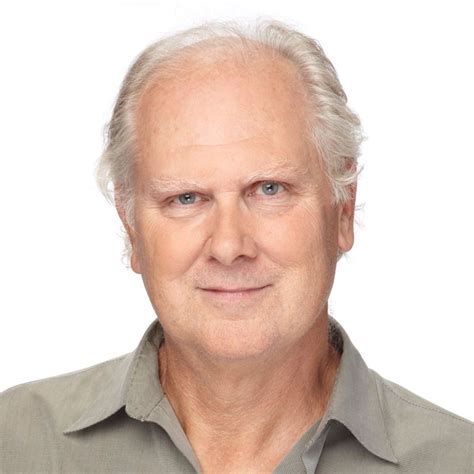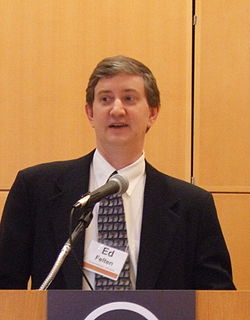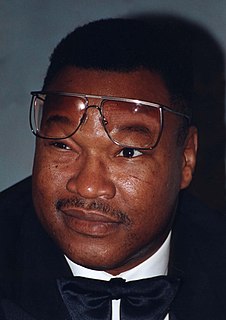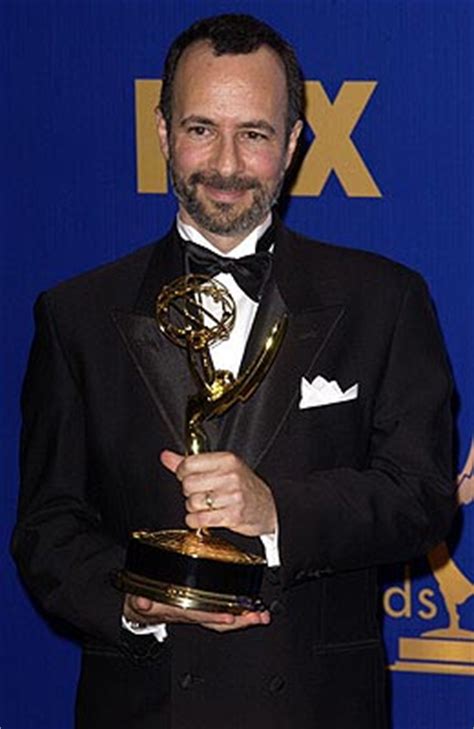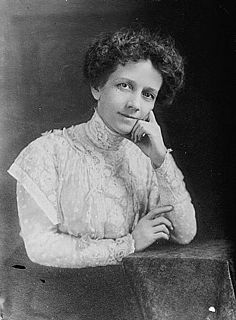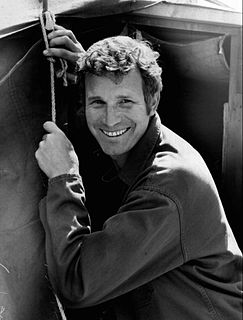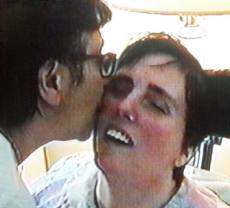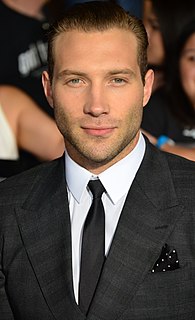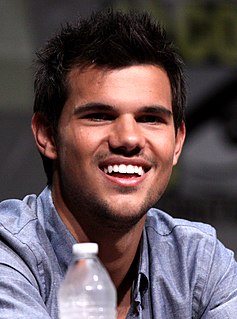Top 1200 Privacy Quotes & Sayings - Page 17
Explore popular Privacy quotes.
Last updated on December 11, 2024.
I love to tell stories, but the making is less comfortable. I like to be private, and being in the middle of a film crew with the least amount of privacy is the discomfort of shooting a movie. For me, the editing is the great moment when I can bring back ideas and realize the movie for the last time before I hand it to the audience.
HBOS had robbed me of my marriage, my family, my businesses, my longstanding friend and business partner, my income, my investments, my self-respect, my reputation, my privacy, my physical and mental health. It cost me my security, my image rights, my collection of classic cars - and very nearly my life.
The institutions that we've built up over the years to protect our individual privacy rights from the government don't apply to the private sector. The Fourth Amendment doesn't apply to corporations. The Freedom of Information Act doesn't apply to Silicon Valley. And you can't impeach Google if it breaks its 'Don't be evil' campaign pledge.
As a producer, it starts when I talk about privacy and silence. It starts before anybody believes in it. And I think that's, you have to have a real sense of self, and in order to push things through. And so often, what's interesting, is how many people dismiss an idea that eventually everybody [gloms] onto. So to me it's, that's what I mean by hard.
I don’t consider myself an activist, but I realize how much I’ve benefited from the sacrifice of others. So if hearing that the CEO of Apple is gay can help someone struggling to come to terms with who he or she is, or bring comfort to anyone who feels alone, or inspire people to insist on their equality, then it’s worth the trade-off with my own privacy.
The many pro-surveillance advocates I have debated since Snowden blew the whistle have been quick to echo [Google CEO] Eric Schmidt's view that privacy is for people who have something to hide. But none of them would willingly give me the passwords to their email accounts, or allow video cameras in their homes.
He did not understand all he had heard, but from his clandestine glimpse into the privacy of these two, with all the world that his short experience could conceive of at their feet, he had gathered that life for everybody was a struggle, sometimes magnificent from a distance, but always difficult and surprisingly simple and a little sad.
In my lifetime, it's the Supreme Court, not Congress, that integrated our public schools, that allowed people of different races to marry, and established the principle that our government should respect the value of privacy of American families. These decisions are the legacy of justices who chose to expand American freedom.
Surely there must be some way to find a husband or, for that matter, merely an escort, without sacrificing one's privacy, self-respect, and interior decorating scheme. For example, men could be imported from the developing countries, many parts of which are suffering from a man excess, at least in relation to local food supply.
Fortunately, we have help from the media. I have to say this: I'm very grateful for the support and kindness that we've gotten. People have respected their privacy and in that way, I think, you know, no matter what people may feel about my husband's policies or what have you, they care about children and that's been good to see.
Do we value privacy in any real way? Thinking about blogs, Twitter, Facebook, MySpace... all these suggest we value exposure rather more. And instead of challenging this transformation, as they are supposed to - certainly at the more thoughtful edges of the art - novelists are buying into it wholesale.
There are different levels of fame. There are the polite fans who quietly and respectfully approach you and ask for an autograph - and that's acceptable. But the next level... when you think you're having a moment of privacy and there's someone with a long lens catching you when you're about to eat, or sunbathe, or worse... it's just so intrusive and I think it's part of the sickness of our culture.
You know, you can make a small mistake in language or etiquette in Britain, or you could when I was younger, and really be made to feel it, and it's the flick of a lash, but it would sting, and especially at school where there's not much privacy, and so on. You could, yes, undoubtedly be made to feel crushed.
Before Sept. 11, the idea that Americans would voluntarily agree to live their lives under the gaze of a network of biometric surveillance cameras, peering at them in government buildings, shopping malls, subways and stadiums, would have seemed unthinkable, a dystopian fantasy of a society that had surrendered privacy and anonymity.
I like texting as much as the next kidult - and embrace it as yet more evidence, along with email, that we live now in the post-aural age, when an unsolicited phone call is, thankfully, becoming more and more understood to be an unspeakable social solecism, tantamount to an impertinent invasion of privacy.
People everywhere are about the same, but ... it did seem that in a small town, where evil is harder to accomplish, where opportunities for privacy are scarcer, that people can invent more of it in other people's names. Because that was all it required: that idea, that single idle word blown from mind to mind.
When dealing with data, scientists have often struggled to account for the risks and harms using it might inflict. One primary concern has been privacy - the disclosure of sensitive data about individuals, either directly to the public or indirectly from anonymised data sets through computational processes of re-identification.
I'm way bigger than people think I am. I'm way bigger. I've been underrated all my life, and that's fine. I have privacy. I can walk the street without being hassled. I can be a regular guy. The price to give that up is so horrible. When you become a part of the hysteria - it's not completely in my hands - you have to hide.
I have a passionate desire for personal privacy. I want to stand before the world, for good or bad, on the book I wrote, not on what I say in letters to friends, not on my husband and my home life, the way I dress, my likes and dislikes, et cetera. My book belongs to anyone who has the price, but nothing of me belongs to the public.
Taking privacy cues from the federal government is - to say the least - ironic, considering today's Orwellian level of surveillance. At virtually any given time outside of one's own home, an American citizen can reasonably assume his movements and actions are being monitored by something, by somebody, somewhere.
America is a noisy culture, unlike, say, Finland, which values silence. Individualism, dominant in the U.S. and Germany, promotes the direct, fast-paced style of communication associated with extraversion. Collectivistic societies, such as those in East Asia, value privacy and restraint, qualities more characteristic of introverts.
The question that I can't shake - it's this question that keeps coming up for me - is What does the shared home of the future look like? People are sharing homes at a rate that no one ever predicted, but residences and homes weren't designed for it. They were designed around ideas of privacy and separation.
While privacy strengthens all our bonds, secrecy weakens and damages connection. Lerner points out that we do not usually "know the emotional costs of keeping a secret" until the truth is disclosed. Usually, secrecy involves lying. And lying is always the setting for potential betrayal and violation of trust.
In our age of digital connection and constantly online life, you might say that two political regimes are evolving, one Chinese and one Western, which offer two kinds of relationships between the privacy of ordinary citizens and the newfound power of central authorities to track, to supervise, to expose and to surveil.
We cannot deny that our decision today will have an impact on the ability of law enforcement to combat crime. Cell phones have become important tools in facilitating coordination and communication among members of criminal enterprises, and can provide valuable incriminating information about dangerous criminals. Privacy comes at a cost.


